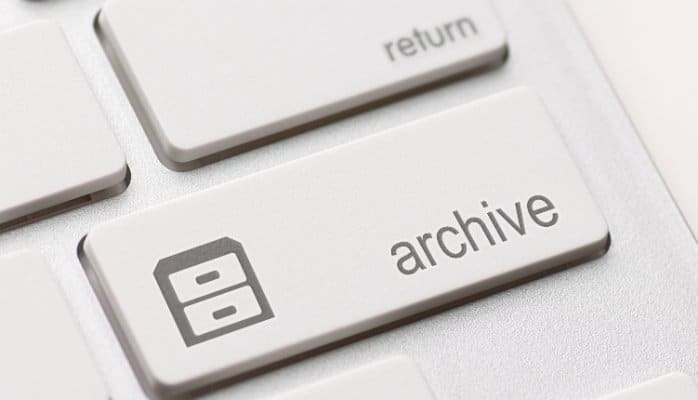After the August 2015 ruling of the Washington Supreme Court unanimously ruled that work text messages sent and received on a public employee’s private phone are public records, the local state authorities needed to figure out a solution that would allow them to comply with the ruling when necessary.
Some localities tried instituting a ban on text messaging but soon learned that that enforcing such a ban was impossible and interfered with public employees’ ability to work efficiently. The pervasiveness of text messaging in the workplace and the convenience of using a personal phone for all uses, including work related messaging, made the ban unrealistic.
Thinking creatively, many localities joined together and opted into a text message archiving system for all employee’s phones. They tackled the hurdle of convincing Verizon Wireless, the prevalent cellular provider among the employees, to allow a back-end connection to the archiving provider and are now able to easily access any employee’s text messages if the need arises.
The ruling in Washington is not uncommon; it is a growing trend across the United States and localities who think they can get away without archiving work-related text messages from private devices may end up with egg on their face and a large fine next time they are taken to court.
Those who assume their cellular providers are continuously archiving their data may also be surprised. Verizon Wireless, for example, was only archiving the Washington state records every three to five days.
The switch to text message archiving must be made and sooner is better than later, as every text message sent without being archived is a potential lawsuit with which the government agency won’t be able to comply.
The bright side is that implementing an archiving system has great benefits for the agencies. In many cases, they will be protecting themselves from unjustified lawsuits. The new digital paper trail gives them a way to track all information that flows between employees and not just those sent by email or from government issued mobile devices.
Archiving systems also provide protection in the case of phone loss, theft, or damage, as all crucial information is being stored in a central location and can easily be accessed.
Employees naturally gravitate towards keeping up with technological trends and it would be difficult, if not impossible, to ban them from using their personal phones to send work-related messages. The only option left is for the agencies to keep up with the security measures that exist to keep the information being sent across devices safe and and keep an archived copy for protection.


